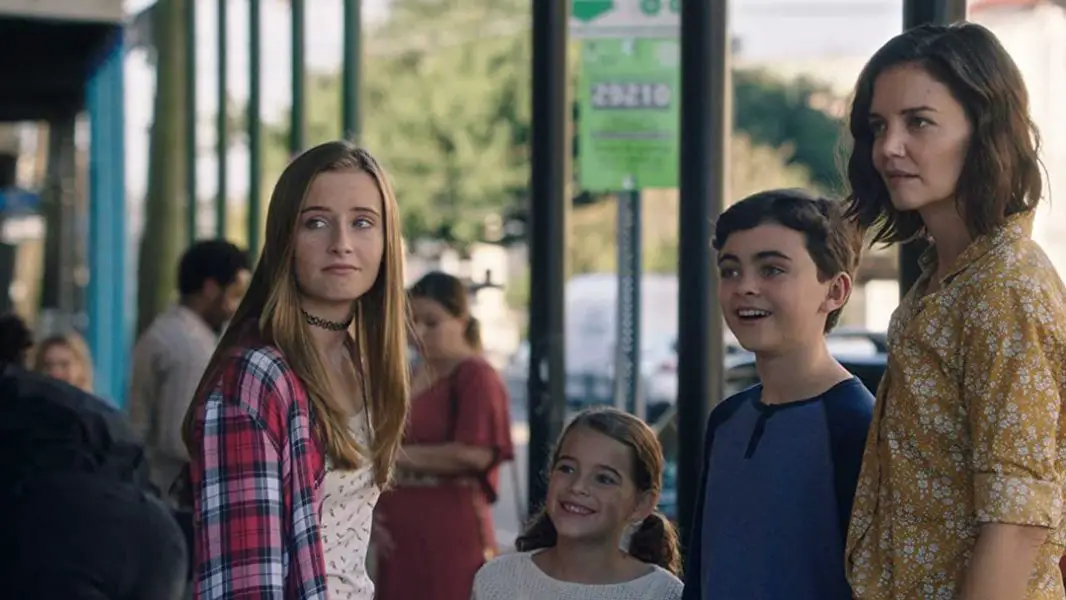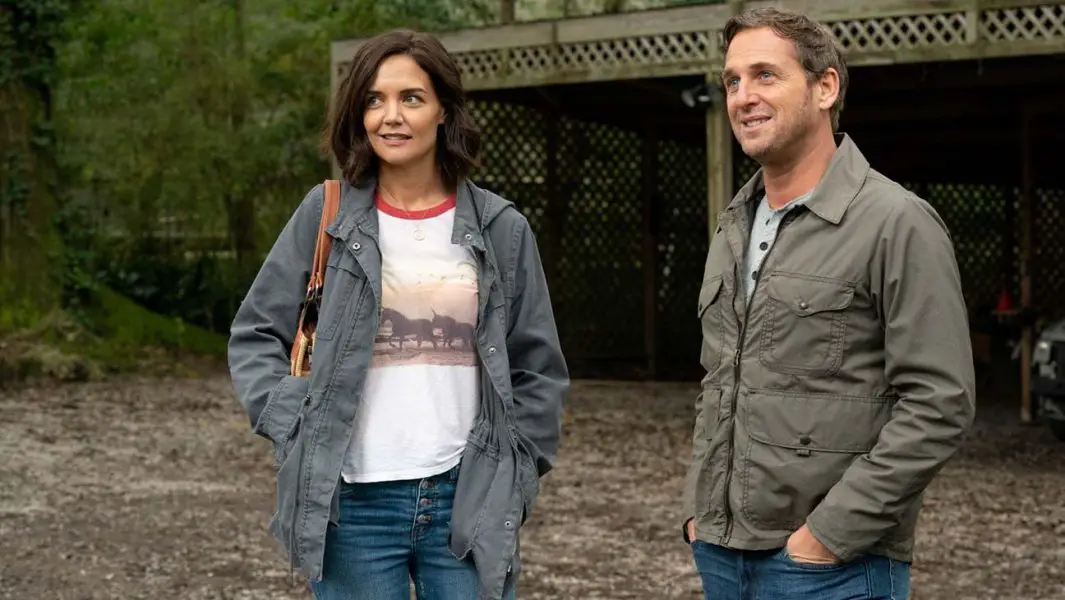‘The Secret: Dare to Dream’ Review: “Cinematic Snake Oil”

Making a movie based on The Secret feels odd in the modern-day. Rhonda Byrne’s self-help book was something of a phenomenon upon its release in 2006. In addition to the likes of Oprah Winfrey championing it, it consistently landed on the best-seller list. However, the book’s ethos of visualization and the power of positive thinking has come into question in recent years. In fact, many have criticized its approach as pseudoscience. No matter your opinion on The Secret, it’s hard to think anything positive about its long-belated film “adaptation”, The Secret: Dare to Dream.
Directed by Andy Tennant (Sweet Home Alabama, Hitch), calling The Secret: Dare to Dream a faithful translation may not be accurate. Instead, the film is more of an adaptation of the spirit of the book. Spreading its core messages, hopefully driving sales to the book. In other words, it’s a Pure Flix movie but with a self-help regimen instead of Jesus, and the quality is only slightly ahead of those films.
The film follows widow Miranda Wells, played by a deer-in-the-headlights, “how did I get roped into this” Katie Holmes. Her life is a comically downtrodden one. She struggles to keep her kids in check as her money dwindles and her home falls apart. The film’s three screenwriters Tennant, Bekah Bruntstetter, and Rick Parks don’t only throw a new obstacle into Miranda’s path every five minutes. Oh no, they give her a rich fiancee (Jerry O’Connell), who she just can’t seem to connect with.
What does a put-upon woman like Miranda need in her life? A handsome man to fix everything of course! That’s where Bray Johnson (Josh Lucas), and the movie’s primary issues, come in. Given an unsettling amount of kindness by Lucas, Bray feels like a cult leader. He magically, one-by-one, fixes everything in the lives of the Wells family. Meanwhile, he preaches that visualizing what you want in life, believing in it, and remaining positive will magically bring you everything you want in life. The thought is nice, even if it is vague and tone-deaf by today’s standards.
At no point does it communicate any of the source material’s ideas – flimsy though they may be – beyond a “think good thoughts and good things will happen to you” mantra. Nor do any of the characters take any real steps towards making their dreams a reality. Bray just miraculously fixes the lives of the Wells family, as he and Miranda fall in love. It’s a formulaic romance, shot and scored with blandness by Andrew Dunn and George Fenton respectively.
Nothing feels genuine about this movie. It’s a familiar, generic movie that relies on that same familiarity to sell copies of a book while actors far past their relevancy collect their paycheck. These characters feel good so if we follow The Secret we’ll feel good too! It’s a scam, cinematic snake oil. The film tries one last gambit in its third act to convince us that this is not, in fact, a blatant commercial by throwing in a twist regarding Bray’s identity. Hilariously, this twist undermines the book’s selling points by re-contextualizing everything we previously thought was the will of positive thinking as something completely unrelated.
I mean, did anyone expect The Secret: Dare to Dream to feel genuine? This is a lazy, cynical cash-grab that sells people on a contentious self-help journey in the middle of a pandemic. The only ones that need self-help here are the filmmakers who thought audiences are this gullible. – James Preston Poole
Rating: 2/10
The Secret: Dare to Dream is now available on VOD.




